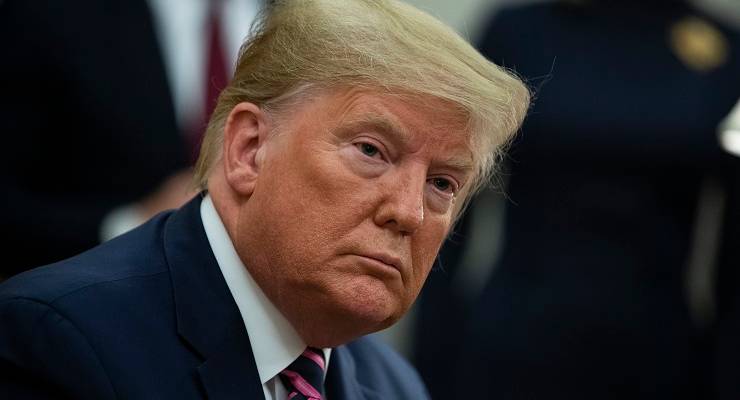
With free time the one commodity currently available in abundance, there has inevitably been a proliferation of deep thinking about what COVID-19 portends for electoral politics.
For some, the crisis is already sounding a death knell for neoliberalism, by demonstrating the true cost of underfunded public services and the state’s capacity to take charge when motivated to so.
However, a contrary point of view offers that pandemics promote the psychological dispositions associated with conservatism (“disgust sensitivity”) while discouraging those associated with liberalism (“openness to experience”), a subject neatly explored by the social psychologist Jonathan Haidt in his book The Righteous Mind: Why Good People are Divided by Politics and Religion.
We’re obviously a long way off from knowing which of these views is correct, if indeed either of them are.
What’s clear for now is that the prevailing atmosphere of crisis is proving a boon for incumbents, at least in the short term.
We may have seen an echo of this on the weekend in Queensland, which was perhaps unique in all the democratic world in being bold or silly enough to allow elections to go ahead in the current environment.
State by-elections saw Labor retain the Ipswich seat of Bundamba and the Liberal National Party retain Currumbin on the Gold Coast, while the LNP maintained its 16-year dominance of city hall with Adrian Schrinner’s comfortable re-election as Lord Mayor of Brisbane.
However, the most striking manifestation of the phenomenon has been a confounding surge in support for Donald Trump, at least to the extent that opinion polls offer a reliable guide.
A recent ABC/Washington Post poll has found slightly more than half of American voters are of the plainly incorrect view that Trump has been doing a good job of dealing with the outbreak, while the FiveThirtyEight poll tracker shows an approval rating that long seemed impervious to change spiking to levels not seen since his post-election honeymoon.
This has encouraged talk of a “rally round the flag” effect, implying an expectation — indeed, probably a hope — that poll respondents deem it unpatriotic to register negative sentiment towards the president amid a national emergency.
That something of this kind is occurring can hardly be doubted, given how clearly it’s being replicated in other countries.
Indeed, the most remarkable fact about Trump’s approval surge is how modest it’s been.
This is illustrated by the chart below, which compares the FiveThirtyEight trend with measures tracking the approval of Angela Merkel, Boris Johnson, Emmanuel Macron and Scott Morrison.

Presented thus, over a short time frame and with the y-axis running the full gamut from 0 to 100, Trump’s recent improvement is barely discernible to the naked eye.
By contrast, the one poll that regularly monitors support for Germany’s Chancellor, Forschungsgruppe Wahlen’s Politbarometer series, last week recorded an 11% lift in Angela Merkel’s already enviable approval rating to 79%, in the wake of her internationally acclaimed address to the nation on March 18.
The most recent gauge of support for Boris Johnson, from a few days before it emerged he had himself contracted the virus on Friday, found his approval rating rocketing from Trumpian mediocrity to an entirely unprecedented 72%, despite his government’s dangerously muddled response to the crisis.
Even in France, a country notorious for the low regard in which its leaders are held, Emmanuel Macron now records ratings at least as good as Trump’s, after spending most of his presidency mired in the thirties.
If Scott Morrison’s ratings seem only barely to have picked up from his post-bushfires slump, that’s very likely because there have been no new results in the past fortnight, where the other leaders’ recent upticks have been concentrated.
Despite appearances, Trump’s recent polling form should be seen as reinforcement of the long understood fact that Americans — indeed, not only Americans — hold firm opinions of him that are uncommonly resistant to change, even in the context of a world-changing historic crisis.








Australian’s fascination with this deluded and dangerous demagogue is quite worrying. His words are constantly replayed as if in some way he is an Australian leader. Please, please, Australia, wake up to this man’s inability to deliver anything positive. By all means report on him, but don’t give oxygen and airtime to his madness. No good will come of it.